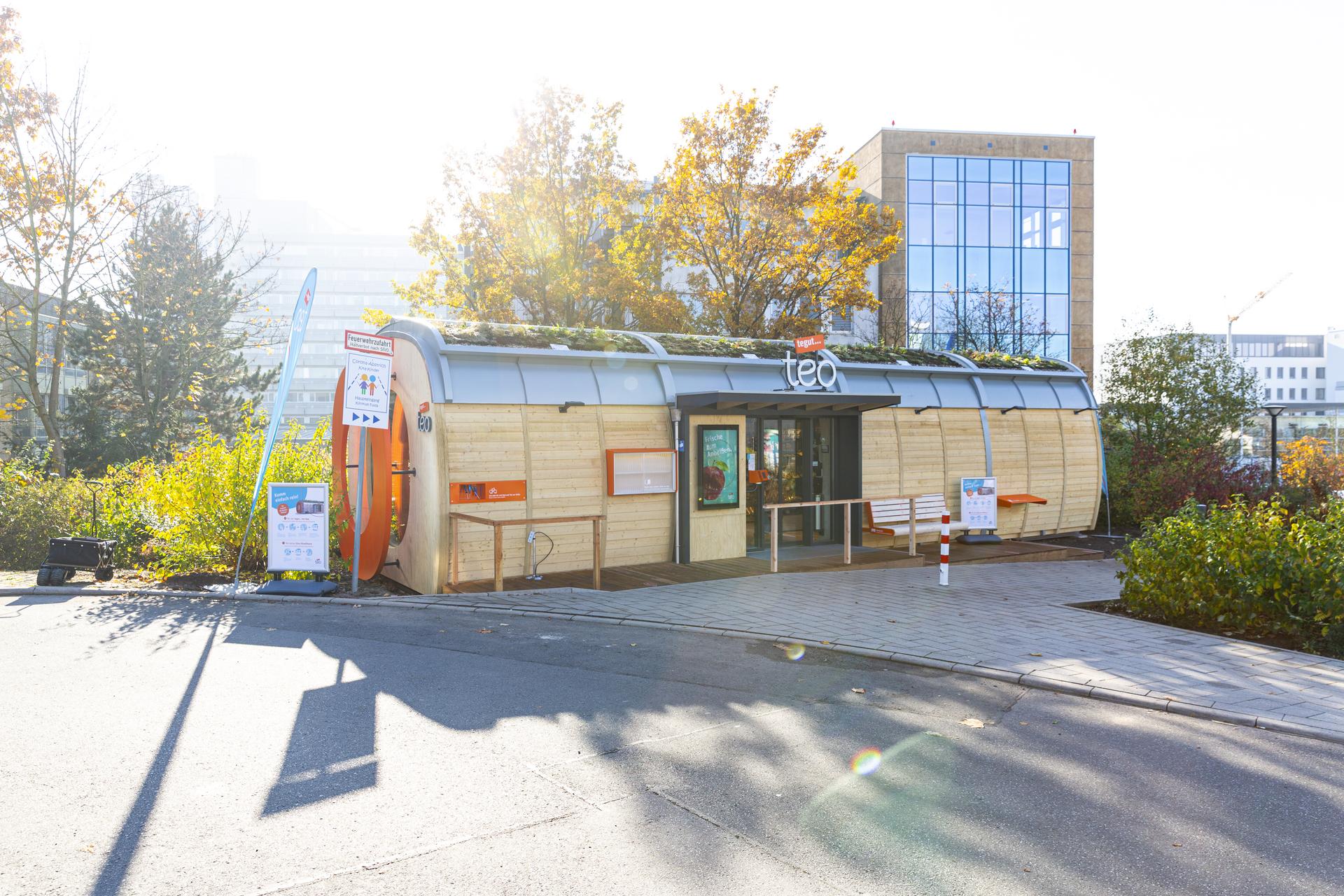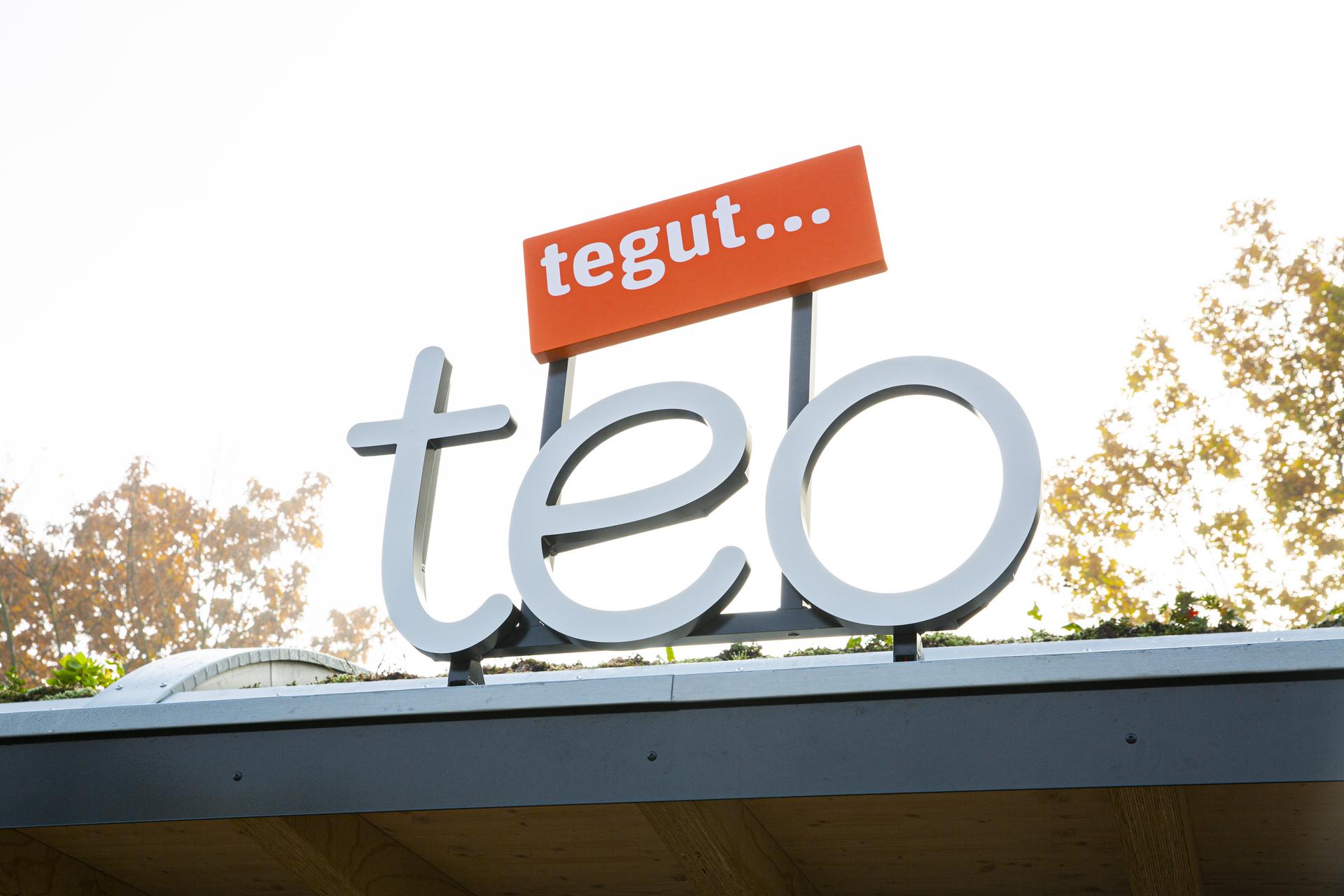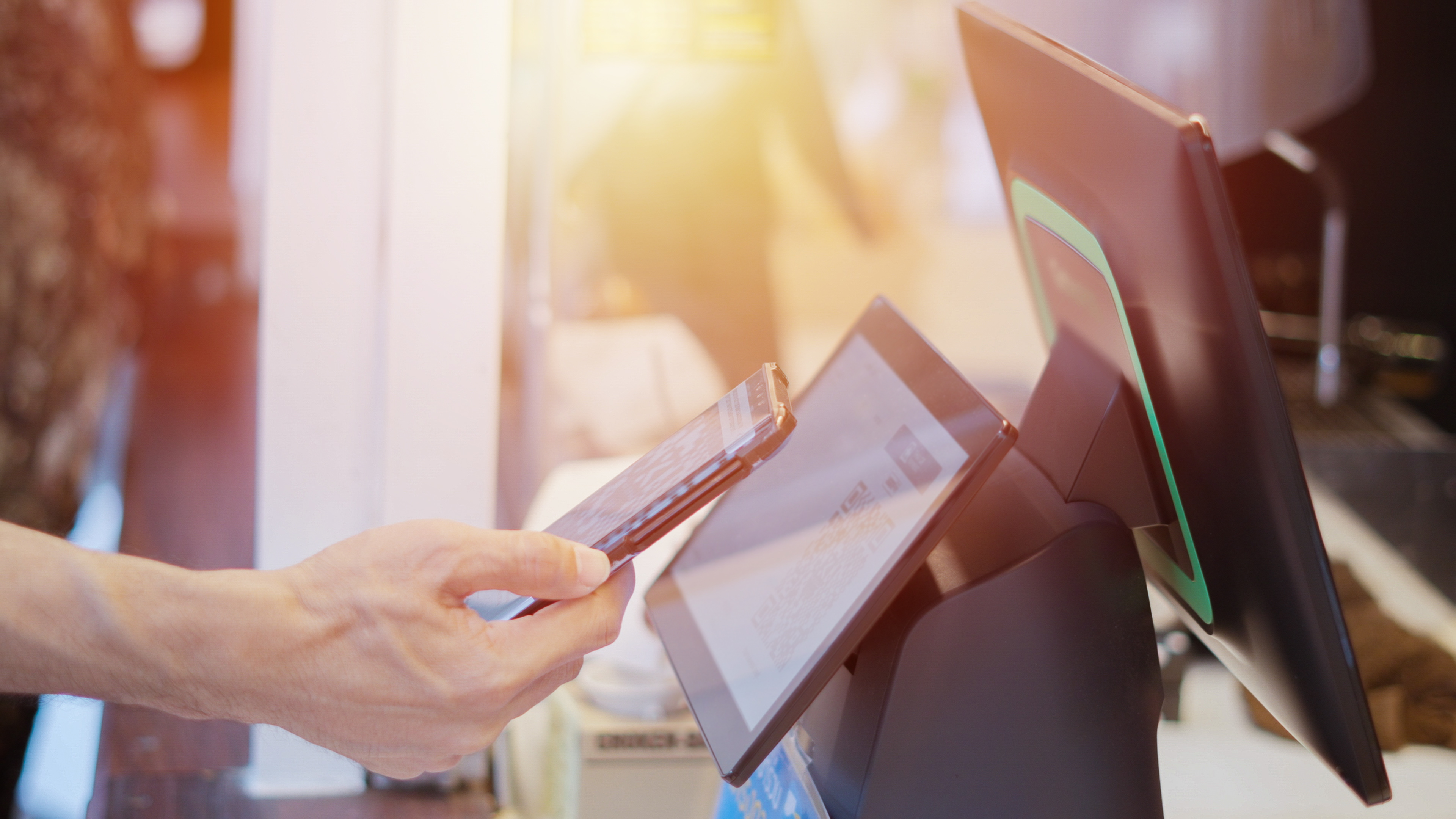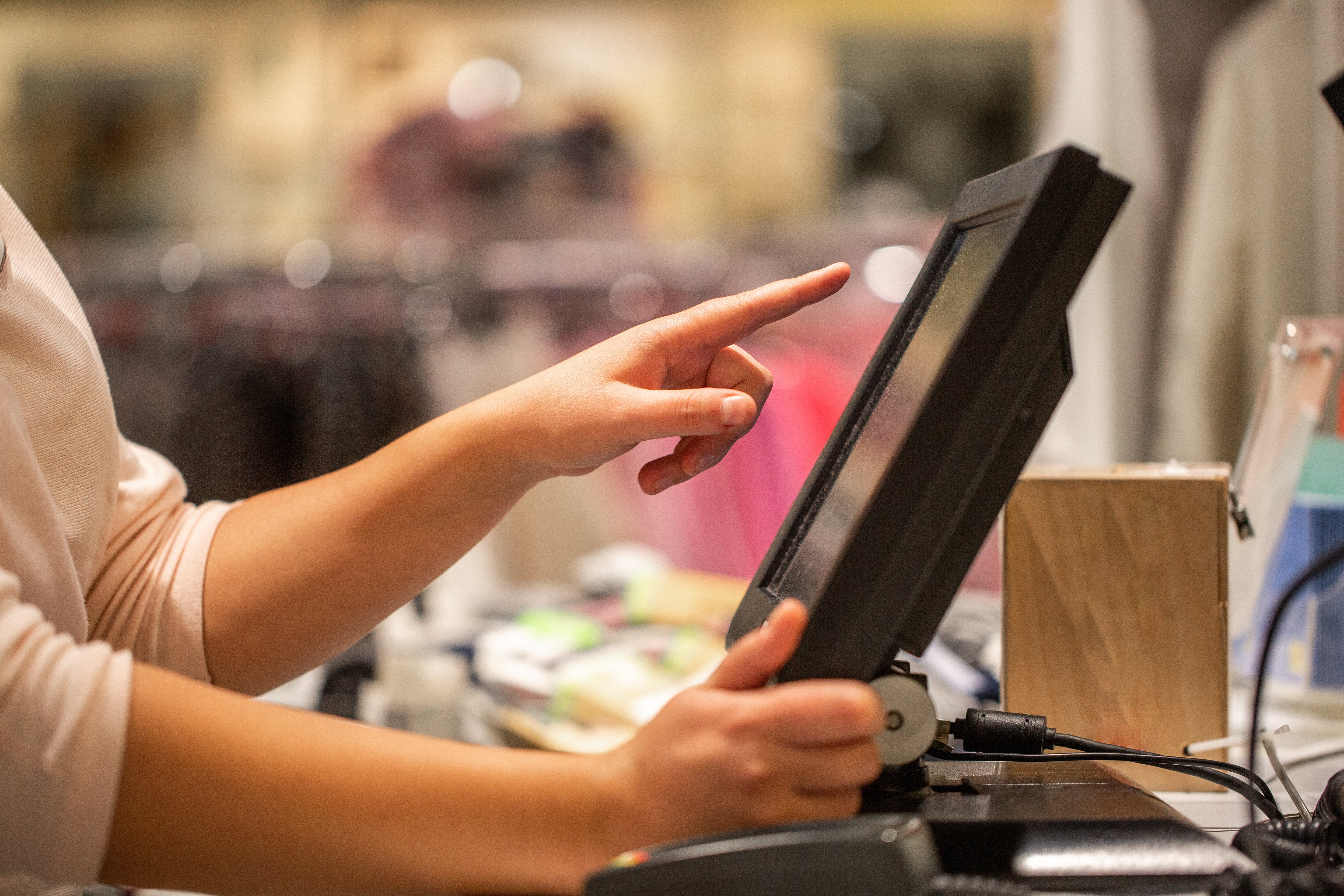Advantages of Smart Store 24/7 concepts
The success of smart store 24/7 concepts can be explained by a change in purchasing behavior, a shortage of employees and gaps in supply in certain regions. According to IFH Cologne (2020), the biggest disruptive factor for customers when shopping is the long wait at checkout queues (74% of consumers surveyed). Customers do not want to have to wait longer than five minutes, especially for smaller purchases. The smart store 24/7 concepts described above shortens this waiting time considerably or eliminates it completely, which means a faster shopping experience for customers and increases their satisfaction.
The lack of employees, especially in rural areas, has caused retailers to withdraw from these areas in the past (EHI, 2021). Retail companies, such as tegut... teo, are closing this gap with their stores and can thus meet the demand for everyday items while also opening up new locations that would not be profitable for conventional stores. There are around 8,000 underserved rural areas in Germany alone, and other potential areas of application have also expanded in the last three years to include farm stores, company catering, inner-city areas, educational establishments, petrol stations, leisure parks and hotels.
Theft prevention and security for 24/7 formats
Although unmanned stores are becoming more and more common, retailers often have security concerns. How can I ensure that no theft occurs? How do I keep control of all processes in the store? While these concerns are understandable, they can be dismissed thanks to the use of modern technologies. In fact, with Grab & Go concepts, theft is almost completely ruled out.
The pioneer tegut... teo is leading the way - stores with self-scanning and self-service checkouts as well as tegut...teo Grab & Go stores use Snabble's store access management. In order to gain access to the store, verification via app or debit or credit card is required beforehand. The company therefore knows who is in the store and can take legal action if necessary. Furthermore, individual users can be blocked and thus denied access to the store.
Snabble's Checkout Supervisor is used during the shopping process. This is software that provides real-time information about which customer is scanning certain products at which checkout. Video cameras also provide information about what is happening in the store. Other providers also deploy security staff at certain times. The use of Autonomo's AI-based video recognition makes it possible to assign each movement of goods to the corresponding person. As payment is made automatically, fraud attempts during the checkout process can be completely ruled out.
To ensure that customers also feel safe, the 24/7 stores of tegut... teo's 24/7 stores are designed to be easily visible from the outside and are also equipped with security and communication systems.
The fitting POS system
A 24/7 concept requires the right checkout system. For Grab & Go stores, there must be a connection to the technology partner - at tegut... teo, this is Autonomo - in order to assign product movements in a virtual shopping cart to people and, of course, to process payments. A connection to the customer app is also required. Other requirements include 24/7 availability, support for mobile and contactless payments and fast transaction processing, as well as integration with the retailer's ERP and CRM system. In compliance with data protection regulations, personalized offers, sales promotions and coupons can be used to increase targeted sales and boost customer loyalty. There should also be a remote management and monitoring option and a user-friendly interface for stores with self-scanning or self-checkout tills. The creation of digital receipts and fiscalization are further requirements that a checkout system must meet.
At tegut... teo, Snabble performs these functions as the primary POS system. The POS platform enables flexible integration with existing systems and other technology providers (e.g. autonomo for Grab & Go concepts), which means that innovations can be driven forward more quickly and is also designed for high scalability. Store access management and the checkout supervisor were also developed by Snabble. This allows processes for tegut... teo can be simplified while ensuring a high level of security. Thanks to the Snabble POS platform, retail companies aiming to implement smart store concepts can significantly shorten the time to go-live and replace a resource-intensive evaluation of numerous technology partners with a single integration.
Conclusion: Smart Store 24/7
Smart store 24/7 concepts are new concepts that are already much more widespread in Germany than they were a few years ago. They offer retailers the opportunity to respond to changing customer needs and open up new locations while minimizing the risk of shrinkage. The complexity of the IT infrastructure can be reduced by choosing the right technology partners, opening up new opportunities.
Related Topics:
Sources:
DHBW (2023) Schriftenreihe Handelsmanagement Whitepaper #23 – Smart Stores 24/7 - Wo stehen wir nach 2 Jahren (2021-2023)?
EHI Retail Institute e.V. (2021): Personal dringend gesucht.
IFH Köln (2020): Retail of the Future: Deutsche erwarten Annehmlichkeiten des E-Commerce zunehmend auch im Supermarkt.





